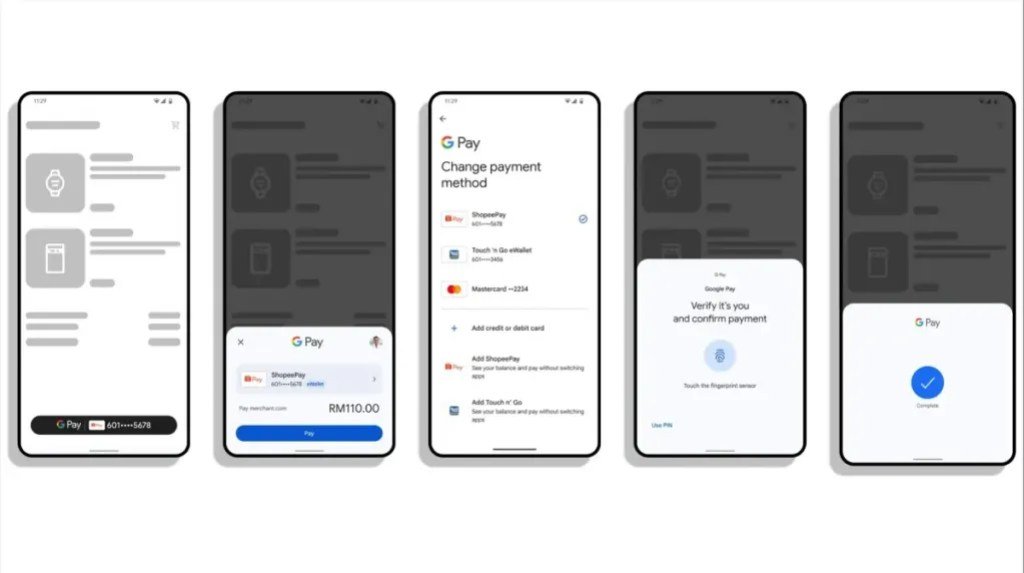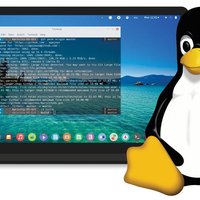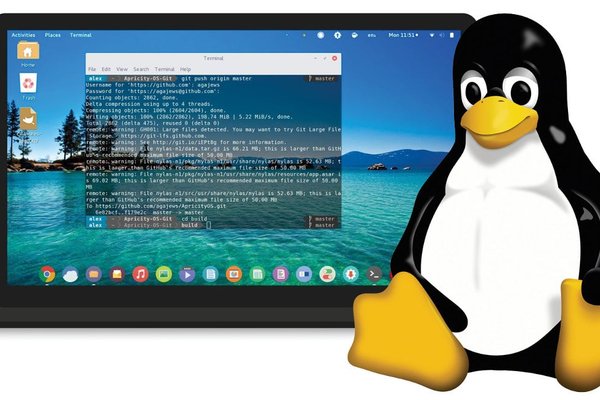Google Pay Rolls Out ShopeePay and TNG eWallet Integration in Malaysia

Google Pay users in Malaysia can now enjoy seamless payments with ShopeePay and TNG eWallet, marking the first time these e-wallets are officially supported on the platform in Southeast Asia.
This integration is available for Android users shopping via mobile browsers, specifically on selected merchant sites that utilize payment gateways like Fiuu and iPay88. Popular merchants already supporting the service include Nando’s, US Pizza, Alpro Pharmacy, TK Bakery, and Yoyo Bus.
With this update, users can pay for online purchases by selecting either Google Pay or the “eWallet” option at checkout, without the need to switch between different apps. A one-time verification is required for the first transaction, after which fingerprint or PIN confirmation will be used for subsequent payments, enhancing user security and convenience.
The integration goes beyond just making payments—it also allows users to top up their ShopeePay and TNG eWallet balances directly through Google Pay. In upcoming updates, users will be able to view their e-wallet balances within the Google Pay app itself.
By supporting popular local e-wallets, Google aims to broaden cashless adoption and reach underbanked consumers who rely on e-wallets for digital transactions. Google has also announced plans to add more payment partners in the future, as Malaysia sets a new benchmark for digital payment innovation in Southeast Asia.
Recent Technology Articles
Tesla expands real-world Full Self-Driving testing with billions of new miles of data
Tesla is accelerating its Full Self-Driving ambitions by expanding its testing program, now leveraging over 6 billion miles of real-world …
Apple Vision Pro Struggles with Developer Adoption as Ecosystem Growth Stalls in 2025
Apple's Vision Pro headset continues to struggle with ecosystem growth in 2025, showing stagnant app development with only 1,770 available …
30 Lines of Linux Code Could Slash Data Center Power Use by 30 Percent
Researchers have found that adding 30 lines of code to Linux could reduce data center energy consumption by up to …
# Oracle Cloud Security Incidents: Understanding the Recent Breaches and Their Impact
Oracle faces mounting pressure as multiple cloud security incidents lead to government warnings, potential exposure of healthcare data, and class …
AI Market Set to Soar: Multiple Forecasts Predict Trillion-Dollar Growth by 2030
The global AI market is projected to reach between $1-1.8 trillion by 2030, with multiple research firms forecasting explosive growth …

Tesla expands real-world Full Self-Driving testing with billions of new miles of data
Tesla is accelerating its Full Self-Driving ambitions by expanding its testing program, now leveraging over …

Apple Vision Pro Struggles with Developer Adoption as Ecosystem Growth Stalls in 2025
Apple's Vision Pro headset continues to struggle with ecosystem growth in 2025, showing stagnant app …

30 Lines of Linux Code Could Slash Data Center Power Use by 30 Percent
Researchers have found that adding 30 lines of code to Linux could reduce data center …



